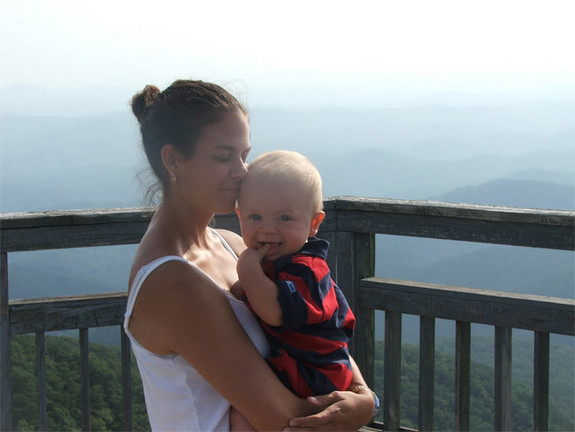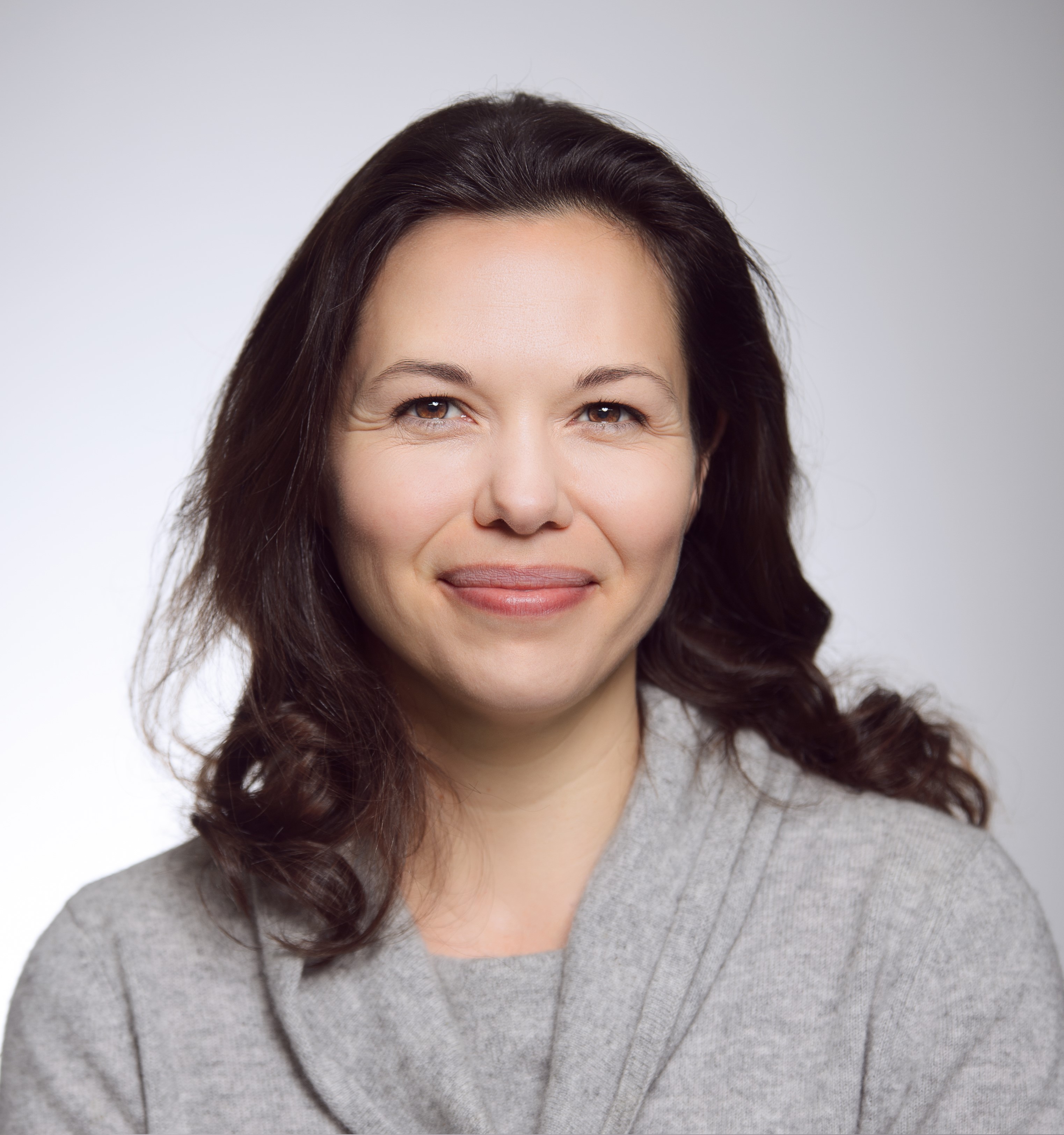11 Facts Every Parent Should Know About Their Baby's Brain
Get the world’s most fascinating discoveries delivered straight to your inbox.
You are now subscribed
Your newsletter sign-up was successful
Want to add more newsletters?

Delivered Daily
Daily Newsletter
Sign up for the latest discoveries, groundbreaking research and fascinating breakthroughs that impact you and the wider world direct to your inbox.

Once a week
Life's Little Mysteries
Feed your curiosity with an exclusive mystery every week, solved with science and delivered direct to your inbox before it's seen anywhere else.

Once a week
How It Works
Sign up to our free science & technology newsletter for your weekly fix of fascinating articles, quick quizzes, amazing images, and more

Delivered daily
Space.com Newsletter
Breaking space news, the latest updates on rocket launches, skywatching events and more!

Once a month
Watch This Space
Sign up to our monthly entertainment newsletter to keep up with all our coverage of the latest sci-fi and space movies, tv shows, games and books.

Once a week
Night Sky This Week
Discover this week's must-see night sky events, moon phases, and stunning astrophotos. Sign up for our skywatching newsletter and explore the universe with us!
Join the club
Get full access to premium articles, exclusive features and a growing list of member rewards.
They need more than Mom and Dad

While scientists usually focus on infant-parent relationships, broad studies have shown that it really does take a village. According to research presented in the journal Monographs of the Society for Research in Child Development in 1995, children seem to do best when they have at least three adults who consistently send the message: Hey kid, I got you.
Researchers such as Sarah Hrdy, author of Mothers and Others (Belknap, 2009), theorize that spending time with non-parental caregivers – a grandparent, a daycare teacher, a family friend, a doting aunt – helps infants learn to read different facial expressions and expand their ability to take the perspectives of others.
Babies use adult mental processes for deciphering others' emotions by the time they are seven months old, research suggests.
Get the world’s most fascinating discoveries delivered straight to your inbox.
Robin Nixon is a former staff writer for Live Science. Robin graduated from Columbia University with a BA in Neuroscience and Behavior and pursued a PhD in Neural Science from New York University before shifting gears to travel and write. She worked in Indonesia, Cambodia, Jordan, Iraq and Sudan, for companies doing development work before returning to the U.S. and taking journalism classes at Harvard. She worked as a health and science journalist covering breakthroughs in neuroscience, medicine, and psychology for the lay public, and is the author of "Allergy-Free Kids; The Science-based Approach To Preventing Food Allergies," (Harper Collins, 2017). She will attend the Yale Writer’s Workshop in summer 2023.
 Live Science Plus
Live Science Plus






